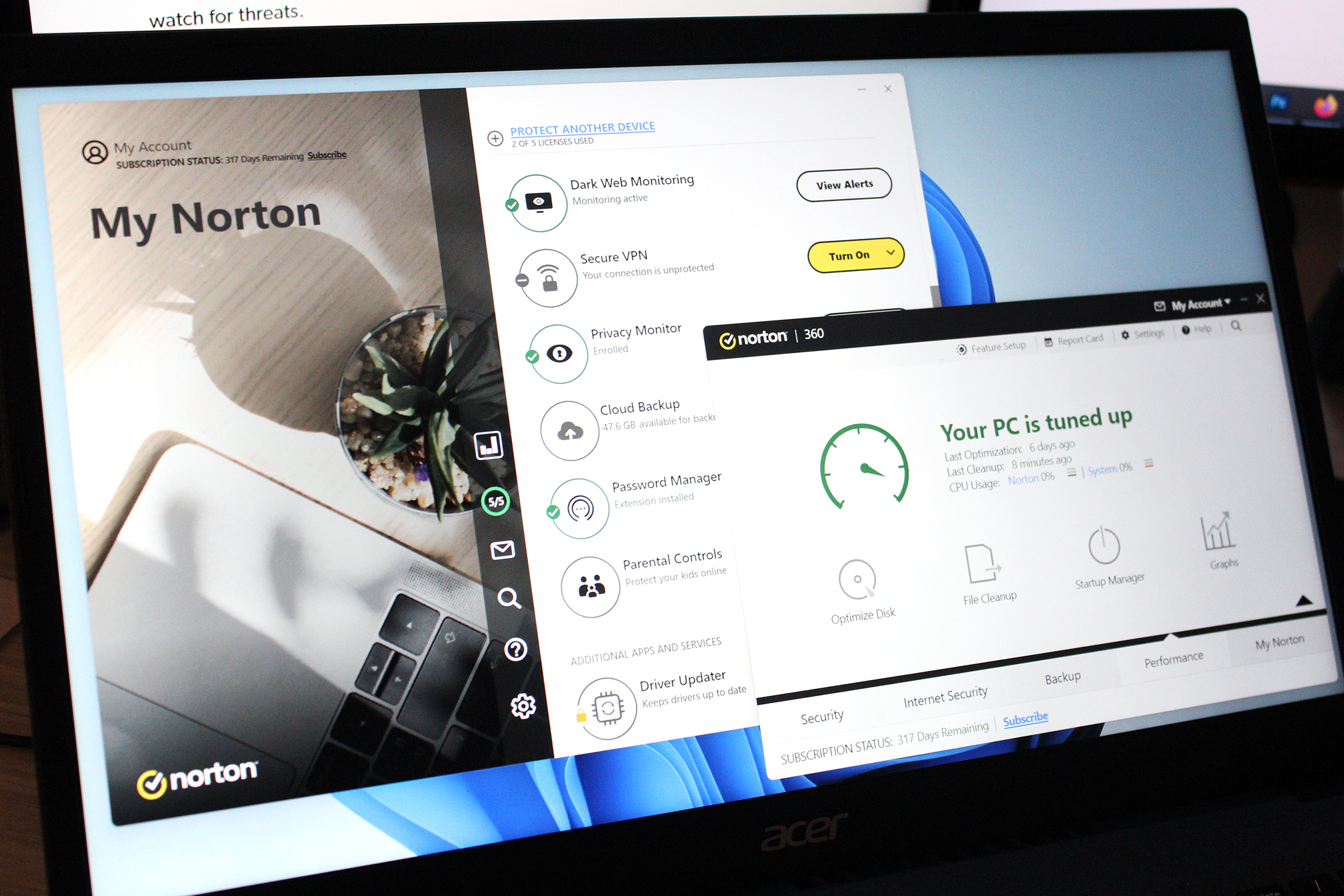MSI ransomware hack: Watch out for malicious fake software

 Image: Adam Patrick Murray/IDG
Image: Adam Patrick Murray/IDGModern corporations are under near-constant attack by malicious hackers and other digital no-goodniks, and gaming hardware makers are no exception. Such is the case for MSI, which confirmed to its customers that it’s been the victim of a cyberattack. Though MSI is not enumerating who is responsible or what damage was done, a ransomware group has claimed responsibility and threatened to release source code and proprietary software if the company doesn’t pay up.
stay safe with the best windows av
Norton 360 Deluxe
 Read our reviewPrice When Reviewed:$49.99 for the first yearBest Prices Today:$19.99 at PCWorld Software Store | $49.99 at Norton
Read our reviewPrice When Reviewed:$49.99 for the first yearBest Prices Today:$19.99 at PCWorld Software Store | $49.99 at Norton
According to Bleeping Computer, the ransomware group has posted evidence that it’s been able to steal MSI source code, BIOS firmware, private keys, and 1.5 terabytes of other information crucial to MSI hardware. The criminals are asking for $4 million in ransom in order to stop from releasing the full cache of data to the web. While avoiding specifics, MSI warns customers not to download BIOS/UEFI files or firmware from any source except directly on MSI’s website, indicating that compromised software in “the wild” is a current concern.
TechPowerUp quotes MSI representatives who say that the company is now “restoring its systems back to normal operations,” and that the attack has had a minimal effect on its day-to-day business. If the company is telling the truth, customers have little to worry about so long as they practice the usual due diligence when downloading software, drivers, and updates. The recent hack is apparently unrelated to a string of fraudulent emails that began circulating in February, claiming to offer lucrative MSI sponsorships to content creators.
Author: Michael Crider, Staff Writer

Michael is a former graphic designer who’s been building and tweaking desktop computers for longer than he cares to admit. His interests include folk music, football, science fiction, and salsa verde, in no particular order.
Recent stories by Michael Crider:
Update now! Chome plugs its fifth emergency zero-day exploit of 2024Ring of bogus web shops steals 850K credit card numbersIf you get a phone call from LastPass, it’s a scam






